Your Guide to Bali Property Rights: Freehold, Leasehold, and More
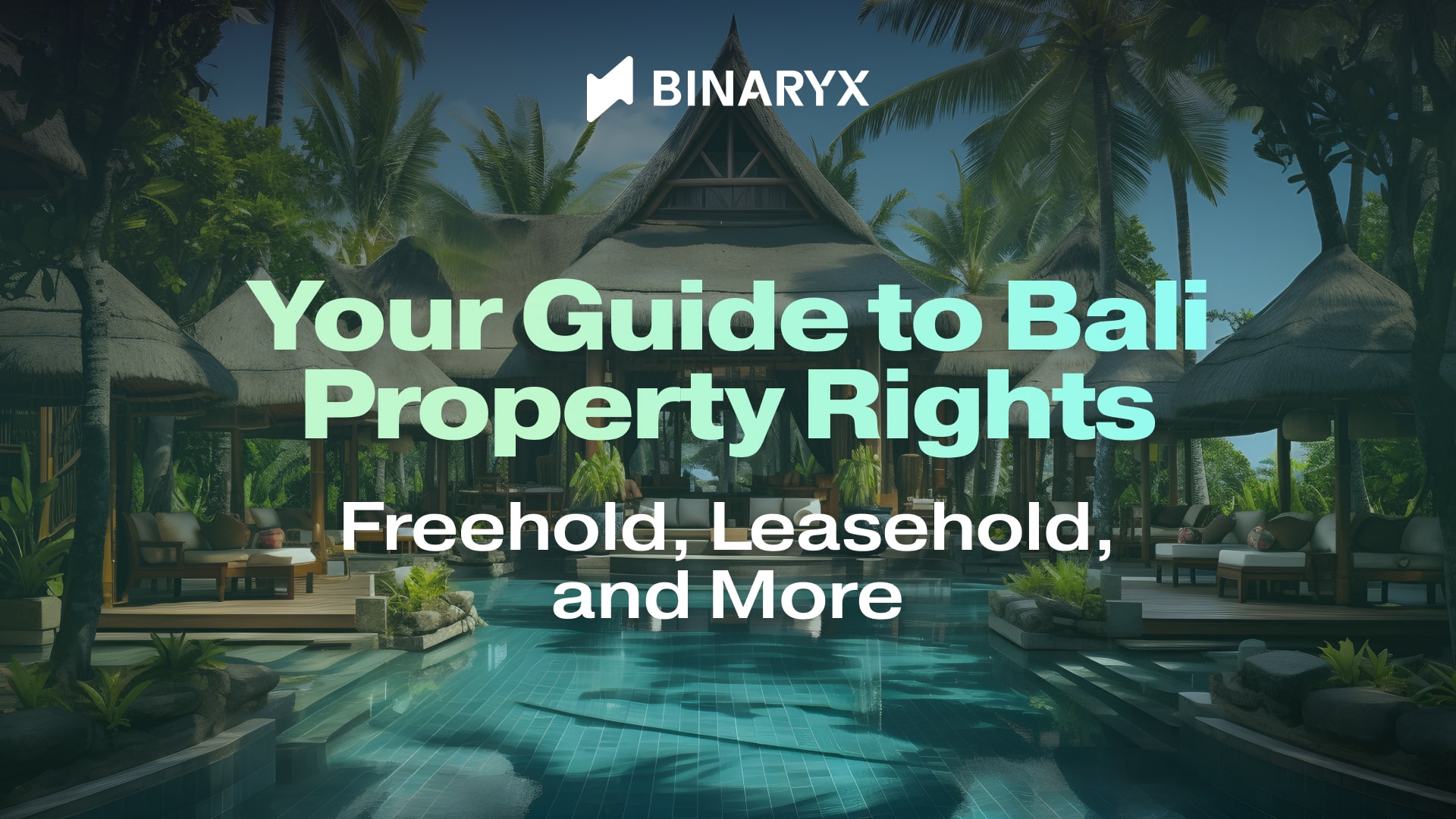
If you've ever explored the real estate market in Bali or elsewhere in Indonesia, you've likely encountered the terms "freehold properties" and "leasehold properties." These types of property ownership, deeply rooted in colonial history, are still present in many Southeast Asian countries today. In this article, we'll help you navigate these types of ownership to determine which is best suited for your investment in Bali. We dwell on their key differences, historical origins, and property types, suitable for different ownership rights.
Navigating Indonesian Property Rights: Freehold, Leasehold, and Beyond
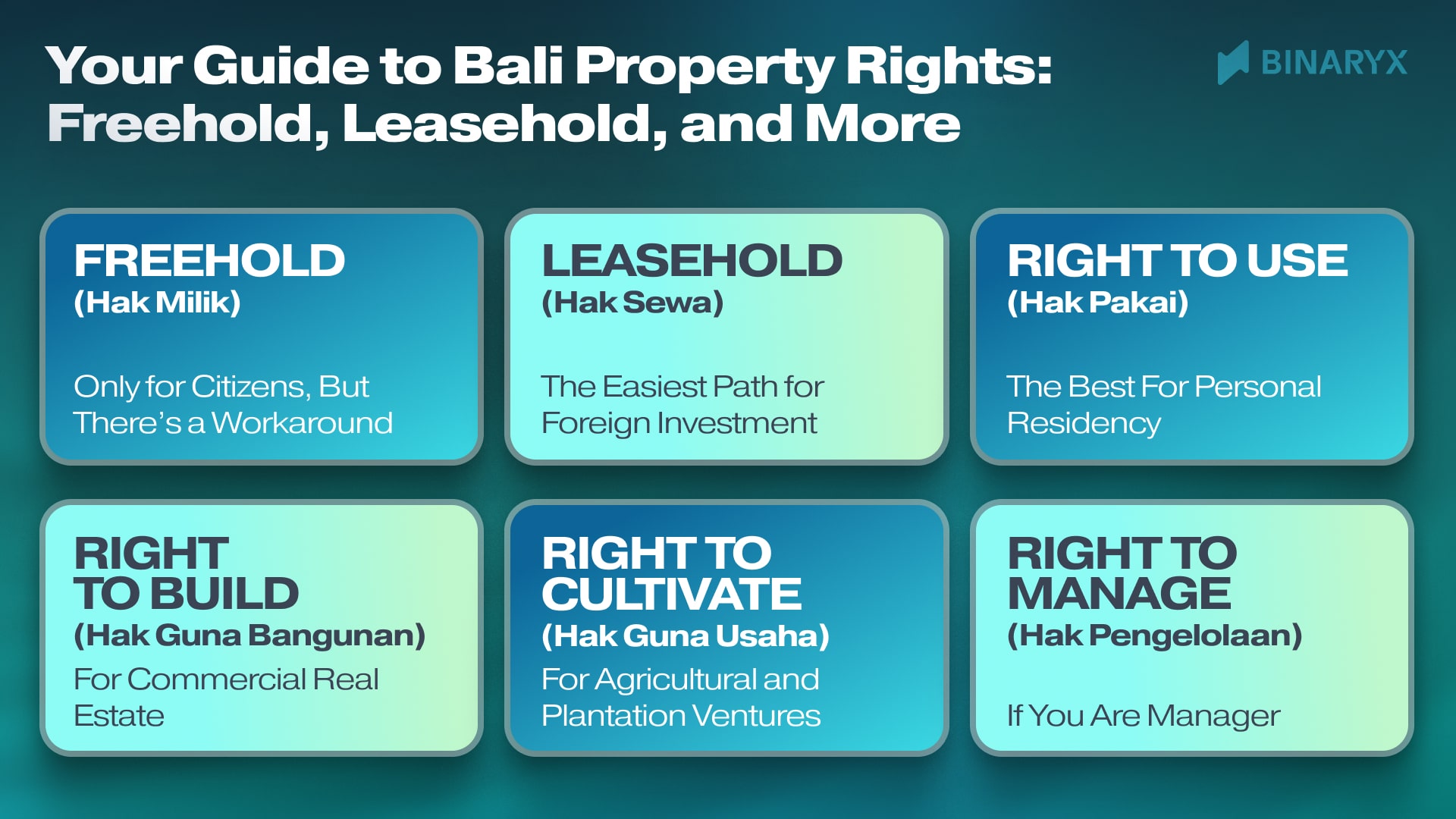
If you're a foreigner looking to acquire real estate in Bali, navigating the Indonesian property rights system can be challenging. The legal landscape here is significantly different from what you might be used to in your home country, where such distinctions in property rights may not exist. However, countries like the UK and the Netherlands also have divisions between freehold and leasehold, and it is from these colonial legacies that Indonesia has developed its unique system. The Indonesian government has implemented various legal structures to regulate land ownership and usage, each with specific rules, rights, and limitations.
Currently, there are six primary forms of property rights and corresponding certificates you acquire in Indonesia:
- Freehold (Hak Milik): This is the most sought-after form of property ownership, granting full rights, including the ability to sell or pass on the property. However, only an Indonesian citizen can become a freehold property owner.
- Leasehold (Hak Sewa Bangunan): Acquiring leasehold properties involves a notary contract between a foreign investor and the property owner. While ownership remains with the original owner, the property is leased for a specific term, usually 25–30 years, with the possibility of extension. It allows use of the property during the lease period but does not confer ownership beyond that term.
- Right to Use (Hak Pakai): This right is granted through an official certificate issued by land offices and applies to freehold or state-owned properties. It allows foreigners to use the property for up to 30 years of lease term, with the potential for renewal. This structure offers more secure legal standing than a leasehold, as it involves a formal title modification.
- Right to Build (Hak Guna Bangunan): This right allows individuals or companies to construct buildings on land they do not own. It is granted for a lease period of up to 30 years, with the possibility of extension.
- Right to Cultivate (Hak Guna Usaha): This right permits the cultivation of at least five hectares of state-owned land. The title, registered with the National Land Agency, can be encumbered but requires state approval for transfer to a third party.
- Right to Manage (Hak Pengelolaan): The right grants the authority to manage and use state-owned land without transferring ownership. Government agencies and state-owned management companies can plan land usage, utilize the land to meet their obligations, transfer parts of the land to third parties, and receive service charges.
Note that foreigners can only acquire Leasehold (Hak Sewa Bangunan), Right to Use (Hak Pakai), Right to Build (Hak Guna Bangunan), and Right to Cultivate (Hak Guna Usaha) in Indonesia. The Right to Build requires establishing a foreign-owned company (PT PMA), while the Right to Use and Right to Cultivate is accessible to permanent residents with permits like KITAS or KITAP. Thus, Leasehold is the simplest option, available to foreigners without needing a company or permanent residency.
Evolution of Property Rights: From Roman Law to Modern Indonesia
To fully grasp Indonesia's current property rights system, it's essential to delve into its historical roots. The concepts of freehold and leasehold in Indonesia are deeply rooted in European legal traditions, particularly Dutch civil law, shaped by Roman legal principles. The Dutch colonial administration institutionalized these concepts in Indonesia, which have been maintained and adapted in the country's legal system since independence.
Roman Law and Early European Feudal System
The origins of these ownership forms trace back to Roman law, which first established clear distinctions between temporary possession (leasehold) and permanent ownership (freehold). These principles were further refined in Feudal Europe, where land ownership was hierarchical, with monarchs or other sovereigns holding ultimate ownership. Land was then distributed to nobles and tenants through various forms of tenure, eventually evolving into the modern concepts of freehold (absolute ownership) and leasehold (temporary use).
Dutch Colonial Influence in Indonesia
When the Dutch colonized Indonesia in the 17th century, they brought these European legal principles. By then, Dutch civil law had already codified the concepts of freehold (eigendom) and leasehold (erfpacht). In 1848, the Dutch formalized these concepts in Indonesia by introducing the Civil Code (Burgerlijk Wetboek), managing land rights for both European settlers and the local population.
Post-Colonial Indonesia
Following Indonesia's independence in 1945, the Dutch legal system largely remained intact, including its land tenure concepts. The newly independent government continued to recognize both freehold and leasehold property arrangements. In 1960, the Indonesian government introduced the Basic Agrarian Law (Undang-Undang Pokok Agraria) to harmonize the existing legal system with local needs. This law established the six forms of land rights discussed in the previous chapter, including Hak Milik (similar to freehold) and Hak Sewa (akin to leasehold).
Freehold (Hak Milik): Only for Citizens, But There’s a Workaround
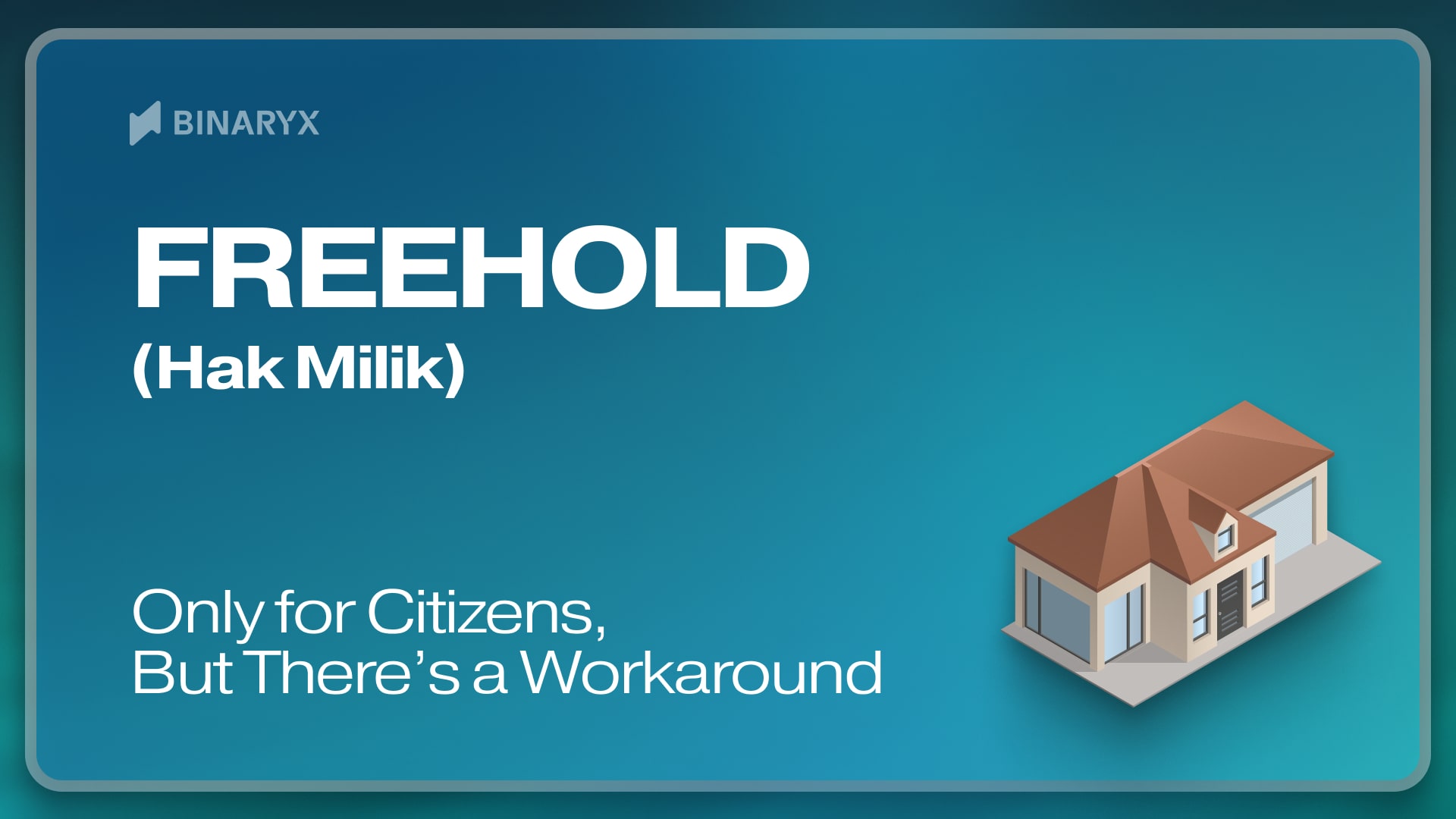
Hak Milik is Indonesia's highest form of ownership that offers absolute rights to use, sell, transfer, or inherit a freehold property without restrictions. However, this title is strictly for Indonesian citizens, which means it is off-limits to foreign nationals and foreign-owned companies. Hak Milik provides complete security and permanence for those eligible, as it never expires and can be passed on freely within the eligible population.
There’s a viable alternative for foreign investors through Strata Title Ownership (Hak Milik Atas Satuan Rumah Susun - HMSRS). With HMSRS, you can own units within multi-story buildings, like apartments, if you hold a valid residency permit (KITAS or KITAP). While the land stays under Hak Milik, and foreign ownership is capped at 49% of the building’s total floor area, HMSRS grants you an affordable option to get outright ownership in a block of flats. Note that rights are limited to the unit itself, excluding the land.
Leasehold (Hak Sewa): The Easiest Path for Foreign Investment
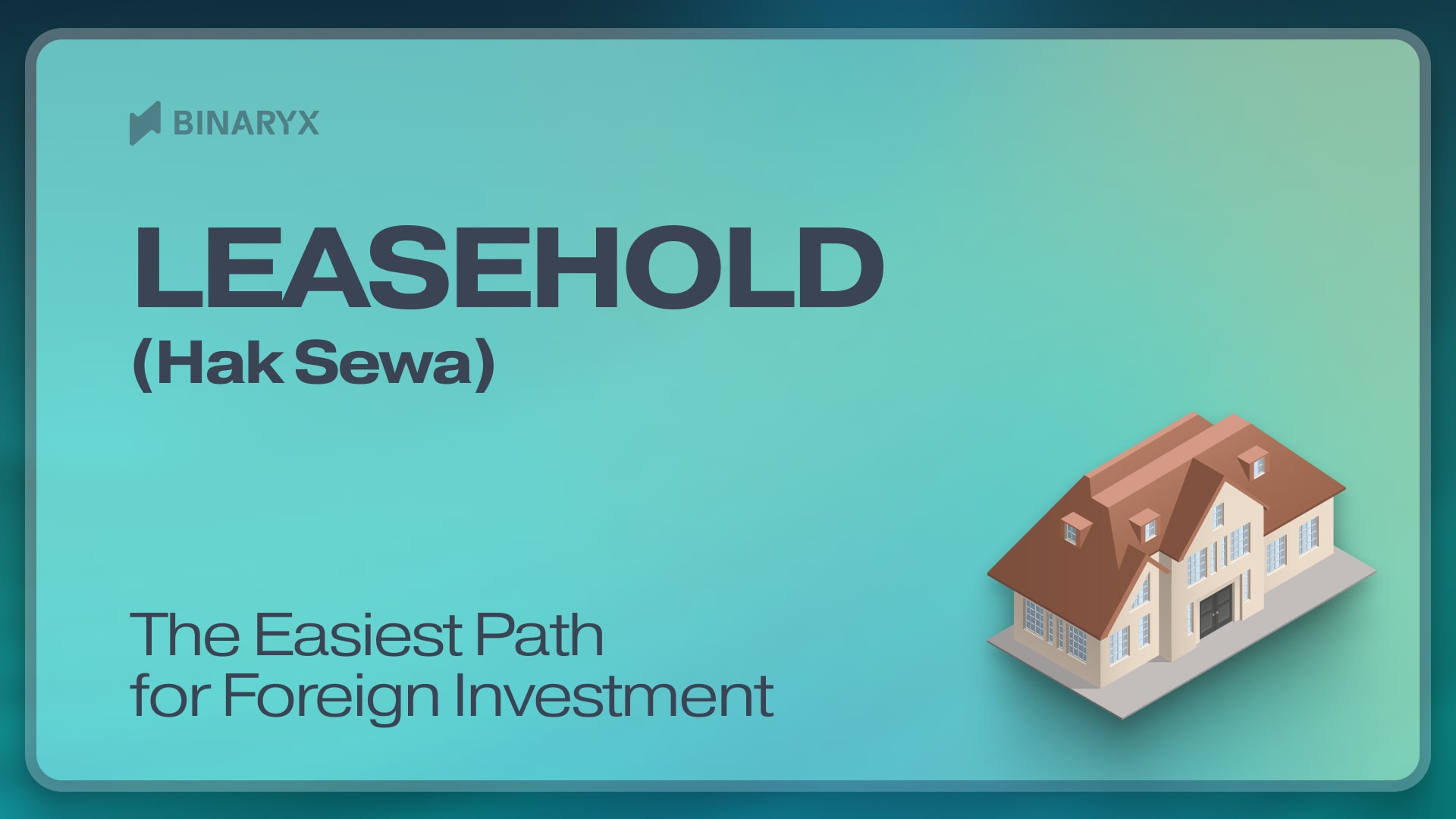
Leasehold (Hak Sewa) offers a flexible and accessible limited ownership option for foreign investors looking to enter the Indonesian real estate market, particularly in Bali. This title allows foreigners or foreign-owned companies (PT PMA) to lease land or buildings for a fixed term, typically between 25 and 30 years, with the option to renew. Unlike freehold, leasehold provides a more affordable entry point into prime locations, which makes it attractive for midterm investments without the complexities of full ownership.
One of the main benefits of choosing a leasehold property is the reduced upfront cost compared to purchasing freehold land. That leads to a relatively straightforward acquisition process, as the agreement can be tailored to the needs of both parties. However, it’s crucial to ensure that all contracts are properly notarized to avoid legal disputes. The lease agreement should clearly outline the rights and obligations of the lessor (owner) and lessee (tenant), including rent payments, maintenance responsibilities, and potential for income generation through subleasing.
Right to Use (Hak Pakai): The Best For Personal Residency
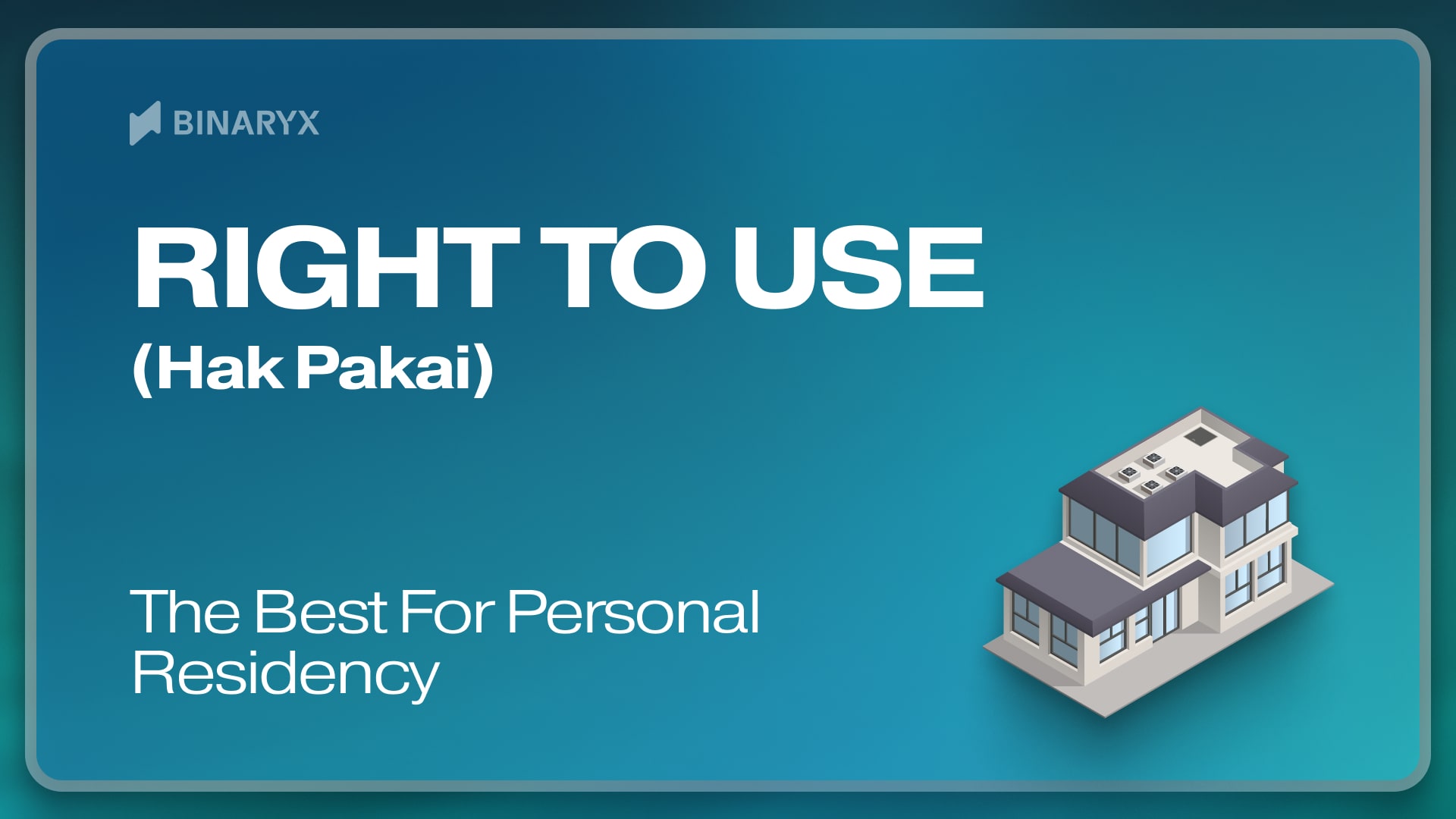
The Right to Use (Hak Pakai) certificate offers foreign investors a way to secure property ownership in Indonesia, nearly equivalent to the rights granted by Freehold. This title is accessible to foreigners with a valid residency permit, such as KITAS, KITAP, or the Second Home Visa ITAS. Unlike Leasehold, Hak Pakai is intended strictly for residential use and cannot be leased out. Additionally, each foreigner is limited to holding only one Hak Pakai title.
Hak Pakai starts with an initial lease duration of 30 years, with the option to extend it by an additional 20 or 30 years, and recent regulations even permit extensions up to a maximum term of 80 years. However, since renting out the property is not allowed, this title best suits those looking to establish a long-term personal residency rather than an investment enterprise. The criteria for Hak Pakai properties, including whether it's an apartment or a villa and its size, can vary by province, adding another factor to consider when choosing this option.
Right to Build (Hak Guna Bangunan): For Commercial Real Estate
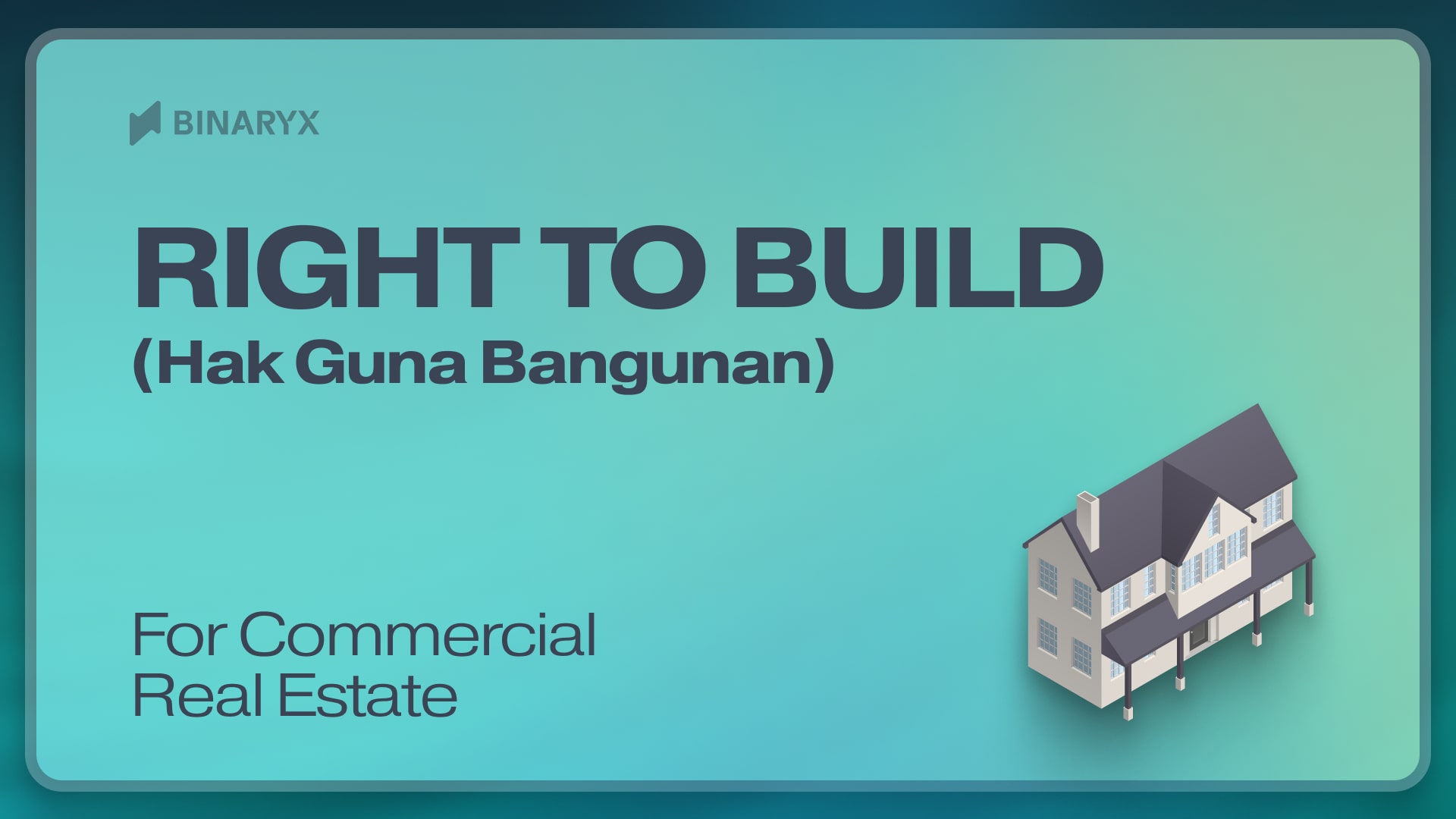
The Right to Build (Hak Guna Bangunan) allows individuals and entities to construct and own buildings on land they do not own. The land itself remains under a different ownership title, typically Hak Milik. However, the Right to Build gives you the legal authority to develop and manage buildings on that land for a specific period, usually 30 years, with the option to extend for another 20 years or more.
Hak Guna Bangunan is great for commercial property investments, such as hotels, office buildings, or residential complexes. This title provides the flexibility to engage in large-scale construction projects without needing full land ownership. However, the specific requirements for obtaining the title can vary depending on the development project's location and nature.
Right to Cultivate (Hak Guna Usaha): For Agricultural and Plantation Ventures
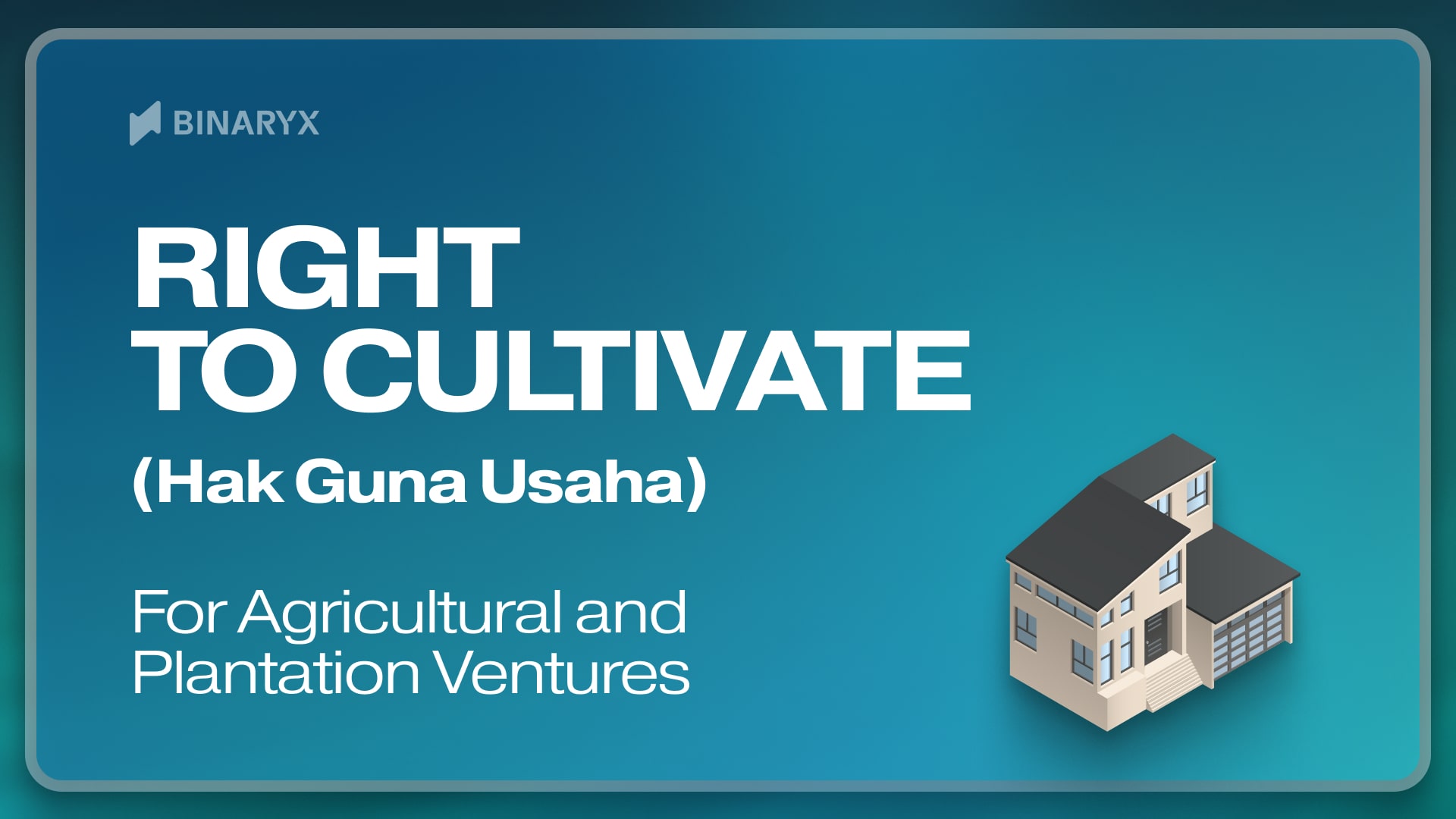
The Right to Cultivate (Hak Guna Usaha) is a land title designed for agricultural properties in Indonesia. This title allows both local residents and foreign-owned companies to legally engage in farming and other agricultural ventures on designated land. Hak Guna Usaha is initially granted a lease duration of 25 years, with the possibility of being extended lease term for an additional 35 years.
Suppose you’re passionate about agriculture and interested in creating a plantation in Bali or elsewhere in Indonesia. In that case, Hak Guna Usaha provides a legitimate path to access fertile land and generate agricultural income. However, the title has specific limitations, including restrictions on land size, cultivation practices, and a requirement to adhere to sustainable farming methods under government oversight.
Fractional Investing: Simplifying Indonesian Real Estate
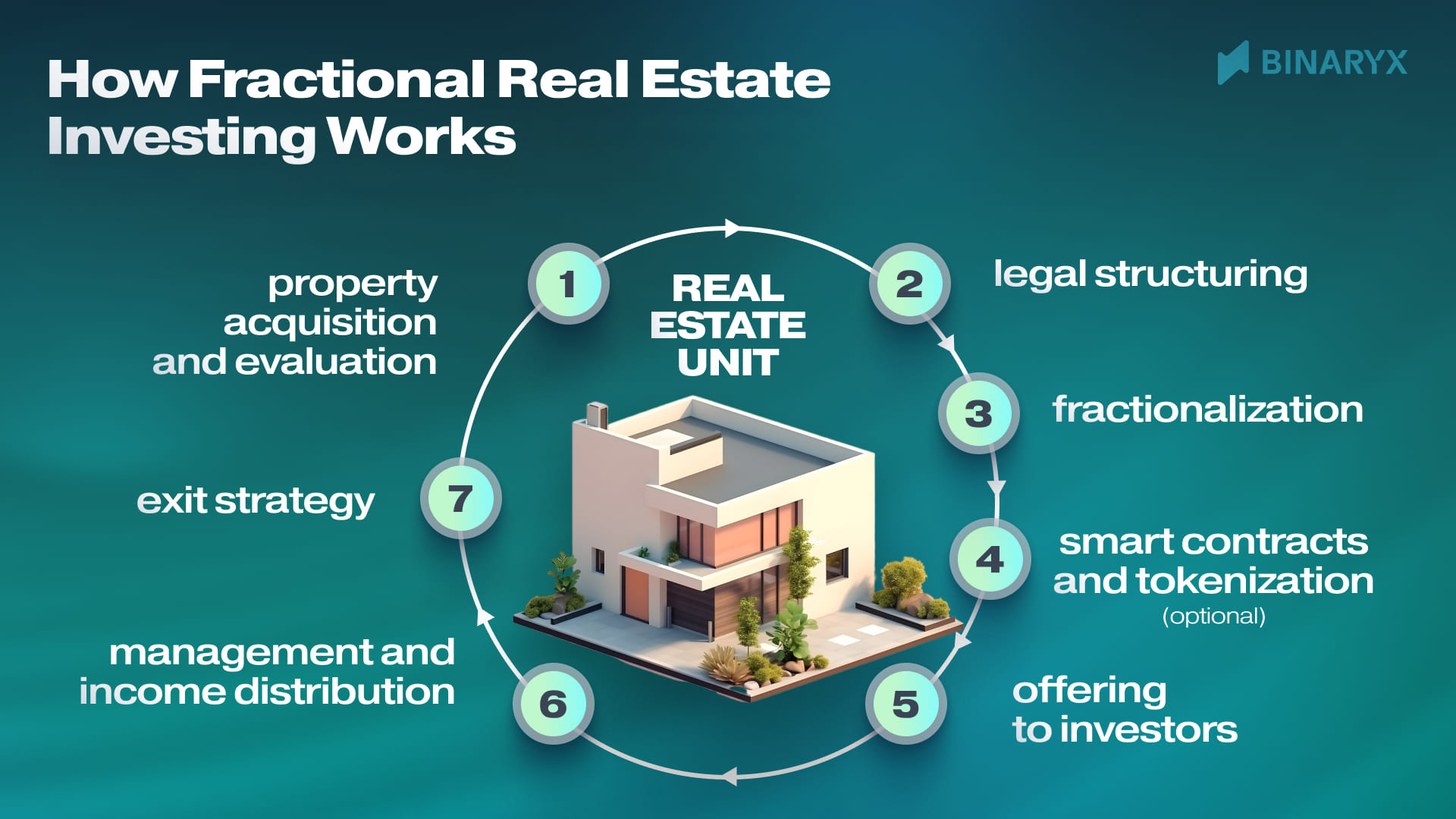
If you've looked into buying real estate in Bali, you know how complex and time-consuming the process can be. The intricate property laws and numerous legal hoops can turn an exciting investment opportunity into a daunting challenge. If you're considering purchasing property in Bali, you might want to check out our guide, How to Successfully Buy and Invest in Bali Real Estate as a Foreign Investor. But for those who don’t want to navigate this bureaucratic maze, there’s a modern alternative: fractional investing. Through tokenization platforms like Binaryx, you can bypass the traditional hurdles and still own a piece of Bali’s booming real estate market.
Fractional ownership simplifies the investment process by allowing multiple investors to own a property collectively. Instead of buying an entire property, you purchase tokens, which give you rights to own, use, and receive income from a portion of the property. The Binaryx Platform structures each property ownership through a Wyoming-based LLC. Here’s how it works: Binaryx identifies a property and then creates a DAO LLC, which raises capital by selling property tokens. These tokens grant investors legal ownership of their share in the LLC, which, in turn, owns the property.
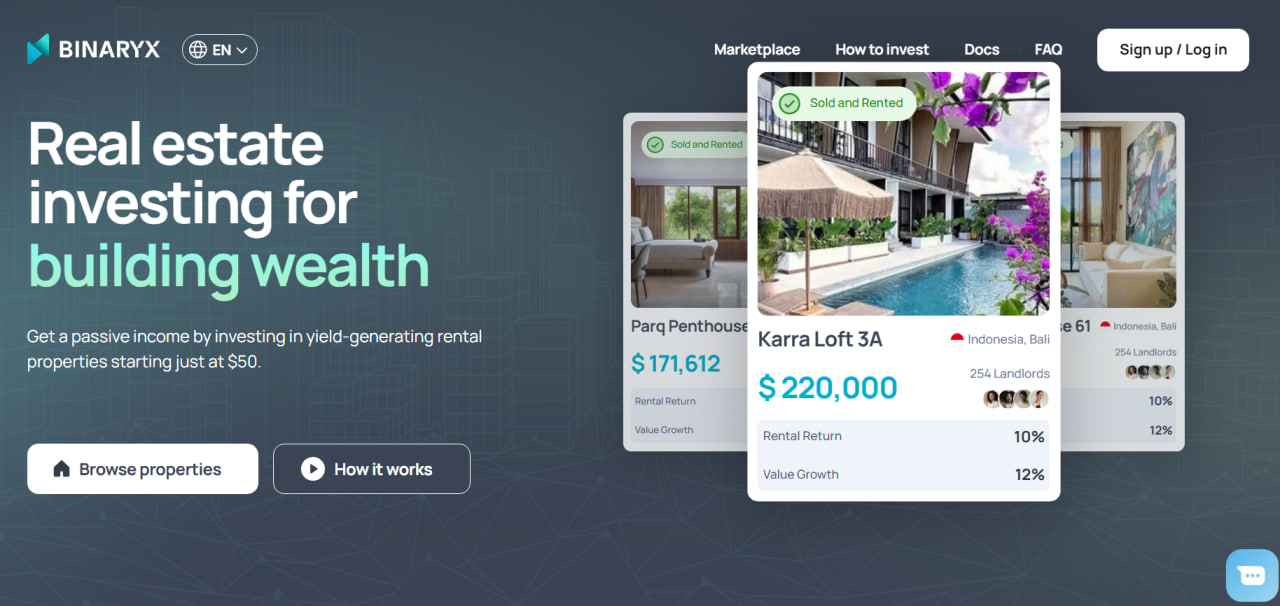
Let’s examine a case study to see how fractional investing works with the Binaryx Platform. Imagine you have $10,000 to invest, which might not be enough for a traditional property purchase in Bali. With Binaryx, you can start investing with as little as $500. Suppose you invest $10,000 in the Kammora Living villa, which offers a 10.5% APR. You’d acquire 200 property tokens, representing 5.12% of the villa’s $195,000 value. Over five years, your initial $10,000 investment could generate approximately $6,474.47 in revenue. Not bad for just a few clicks, right? Check it out for yourself.
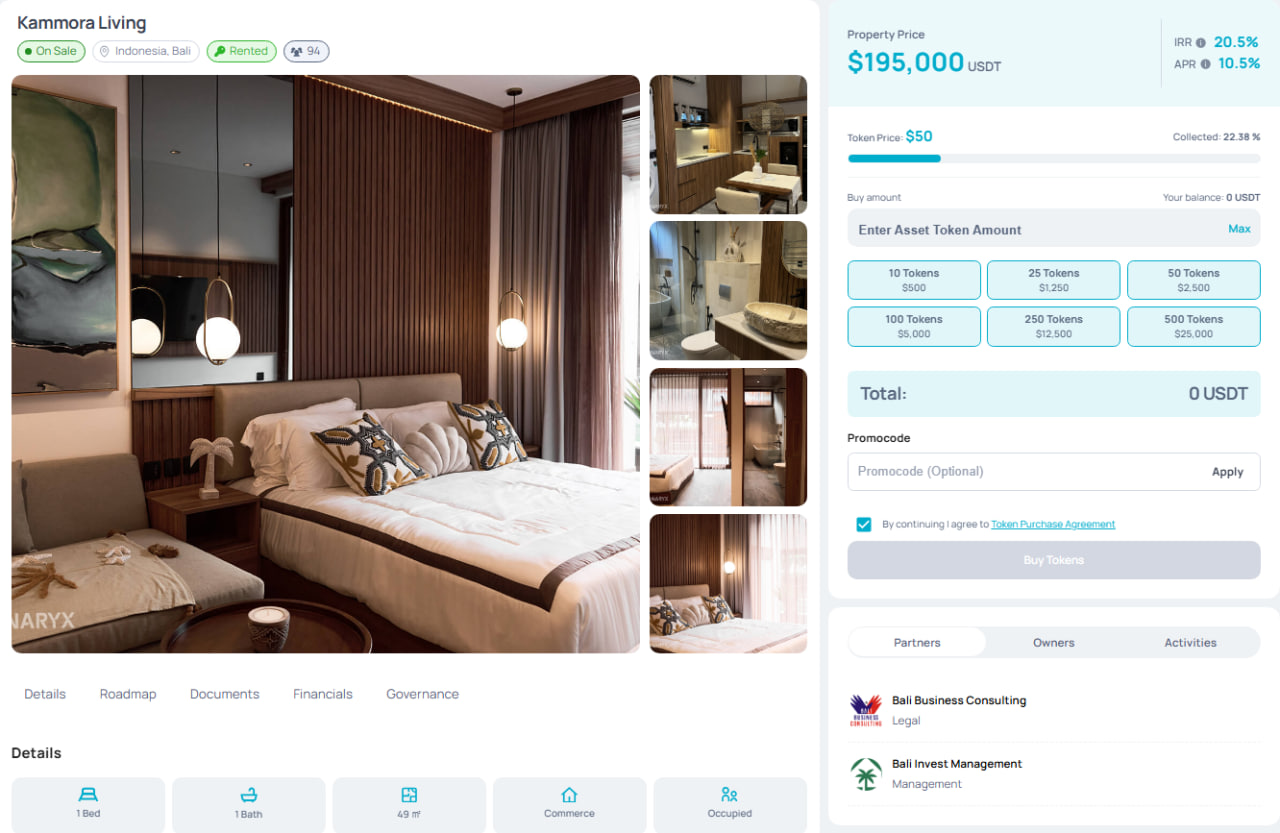
Conclusion
Investing in Bali real estate requires more than capital; it demands a solid understanding of local property rights. Each option presents its benefits and challenges, shaped by Indonesia's unique legal landscape and historical context. Whether you're looking to acquire rental properties, build a resort hotel, or secure a personal residence, different legal permits are essential for each endeavor.
If you aim to bypass these complexities while tapping into Bali’s thriving real estate market, fractional investing could be your best bet. It offers an innovative, streamlined way to own a share of prime property without the usual headaches of legal restrictions and management responsibilities. If that sounds appealing, the Binaryx Platform is here to help—explore the investment options available in the Bali property market and start your journey today.
Articles you may be interested in

.jpg)
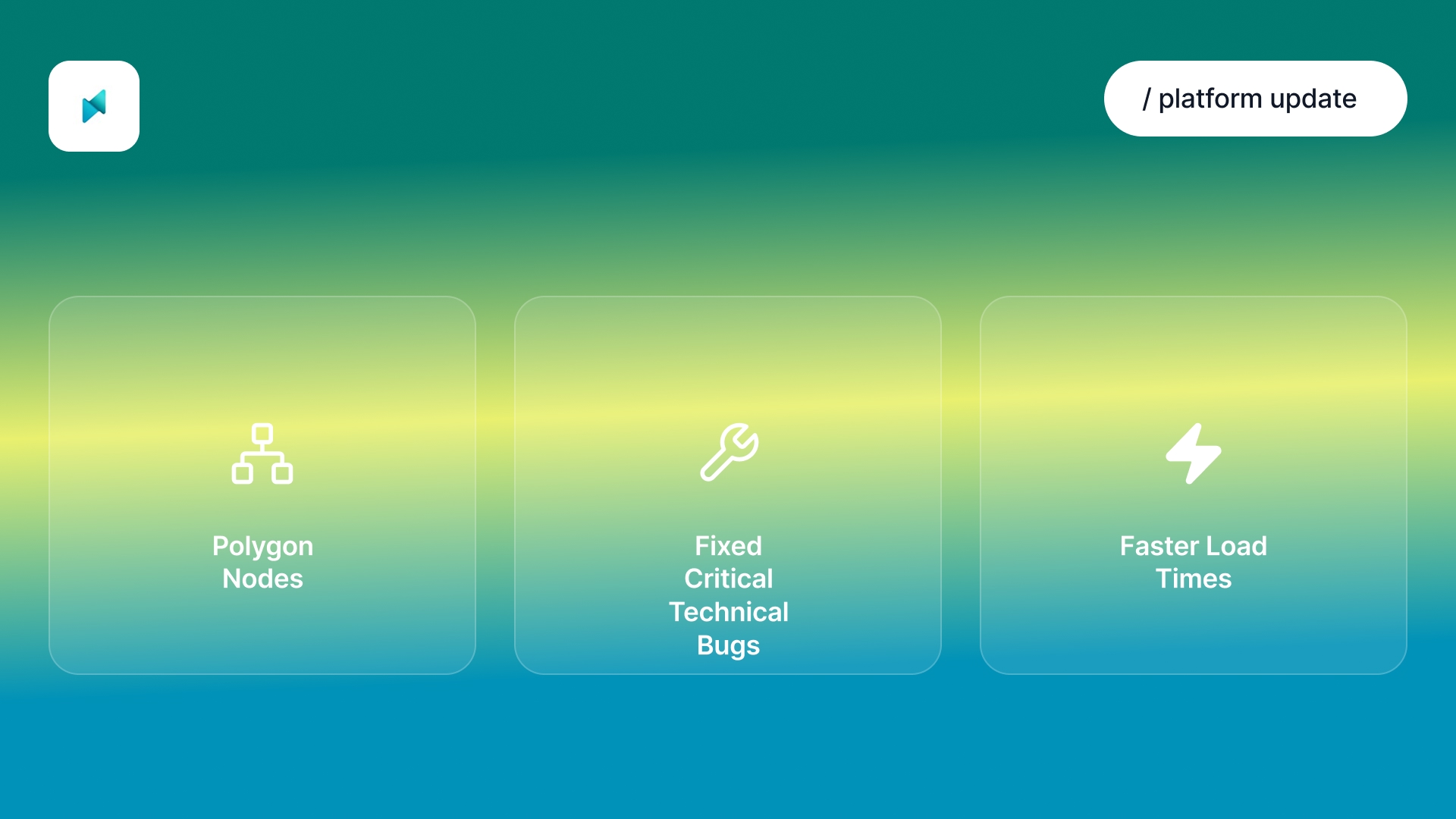
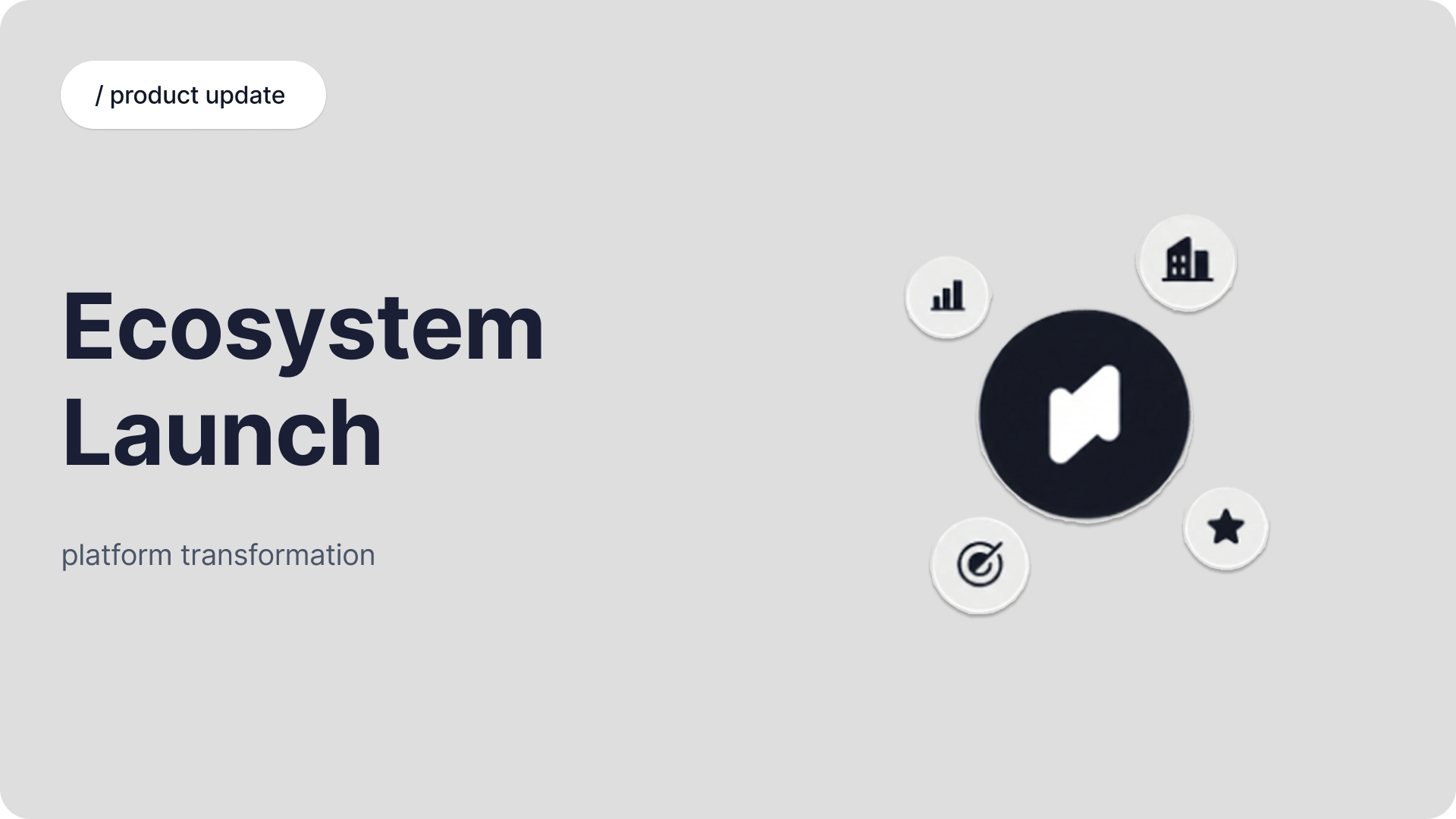
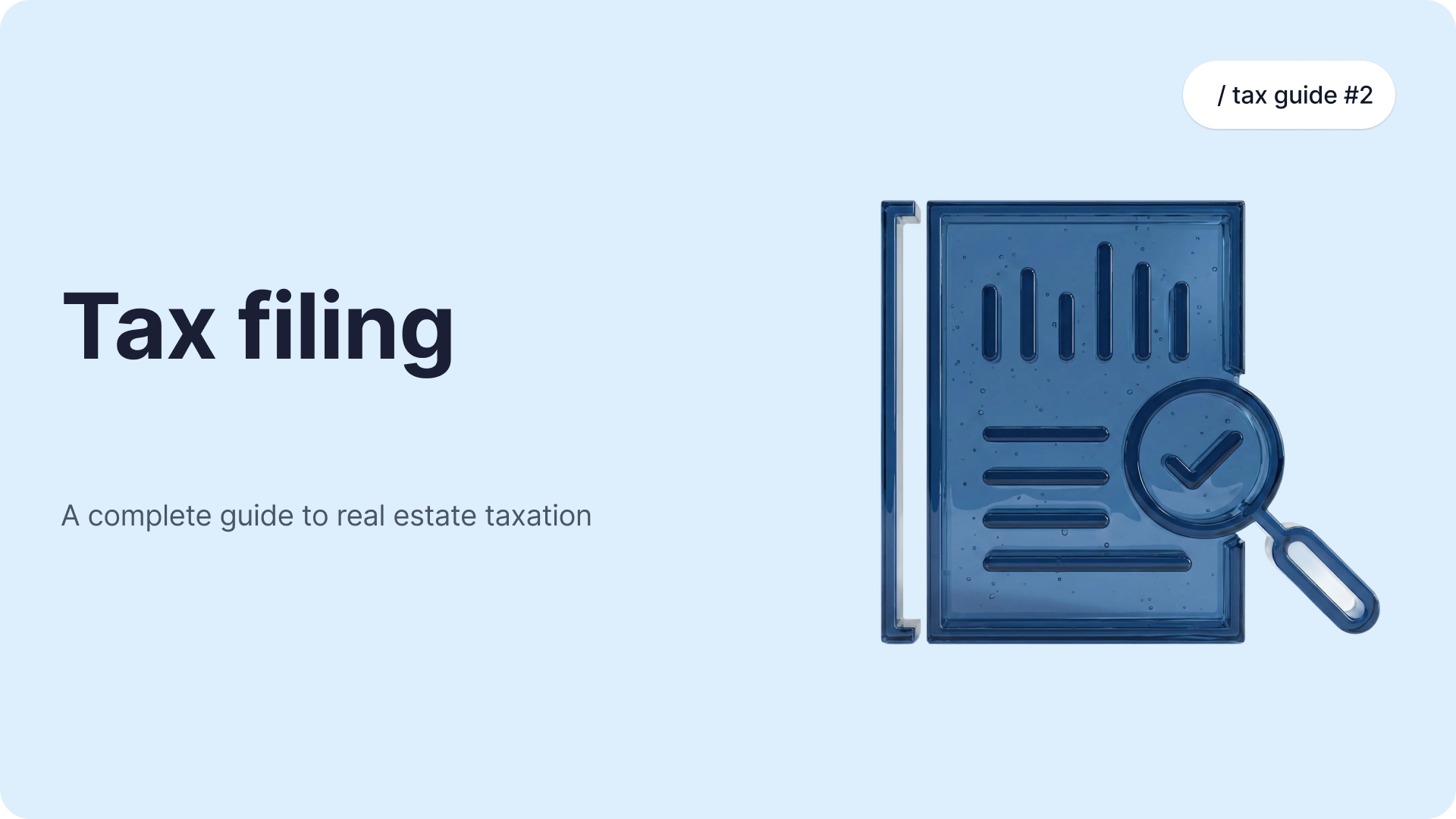
.png)
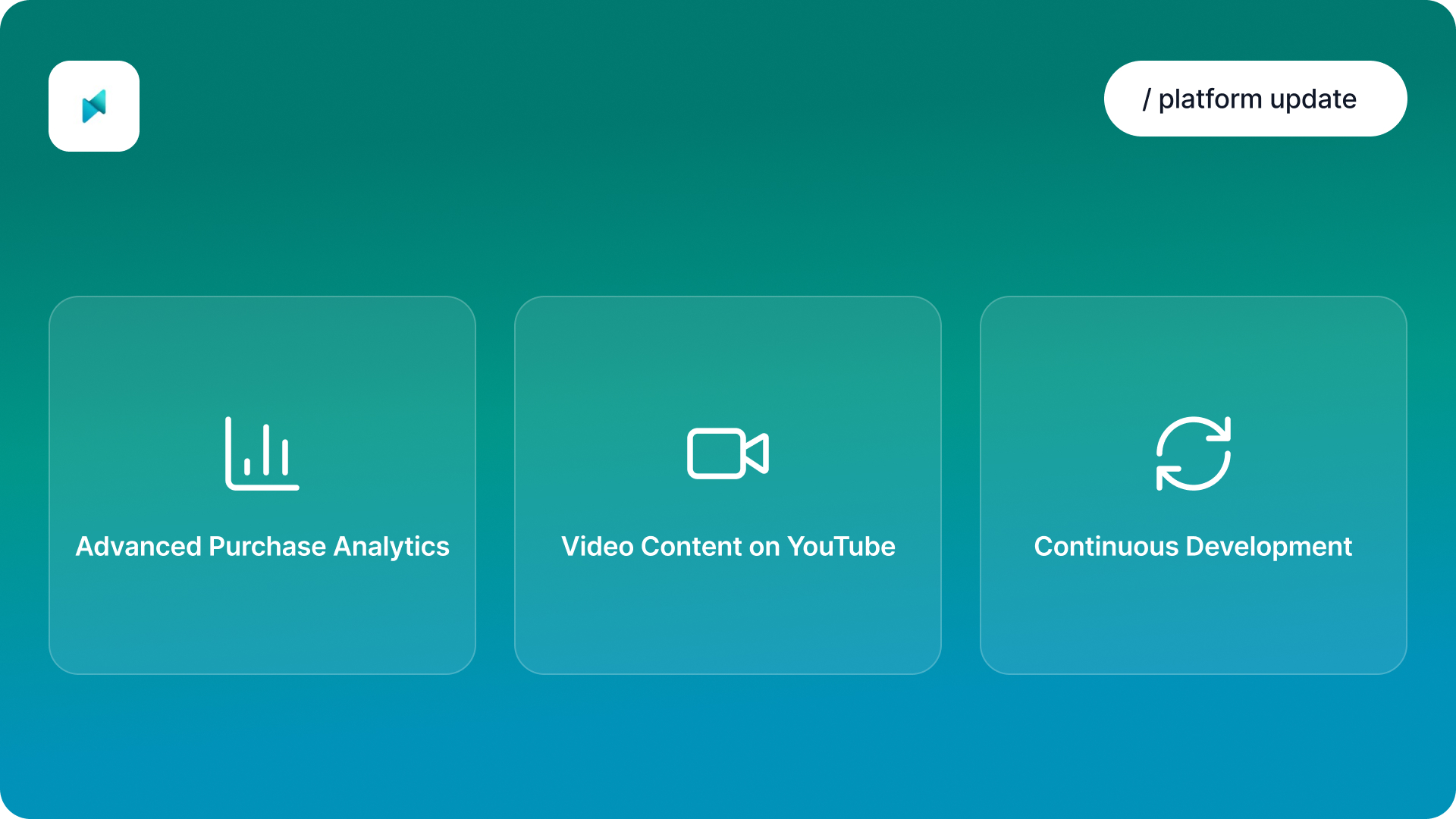
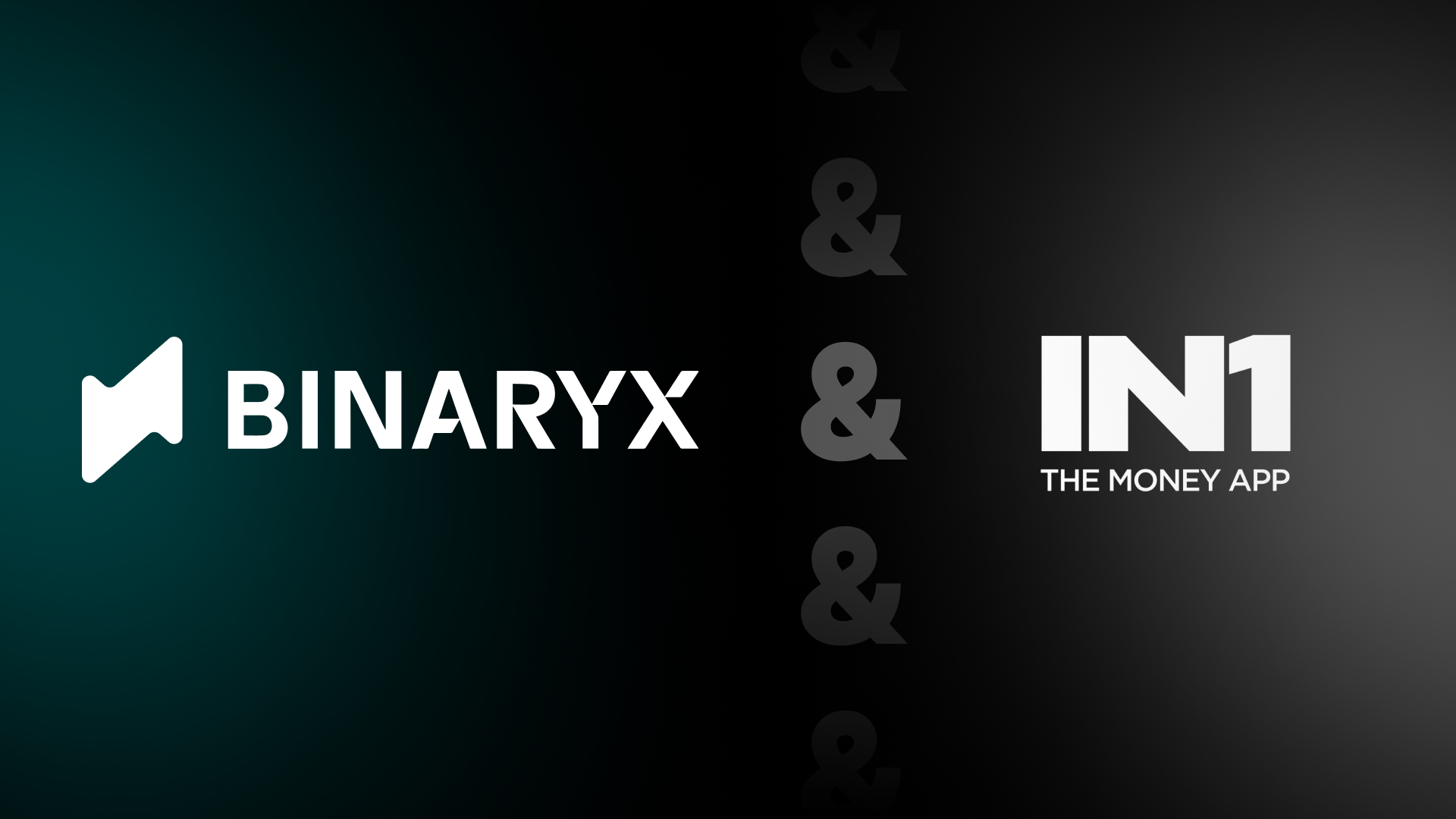
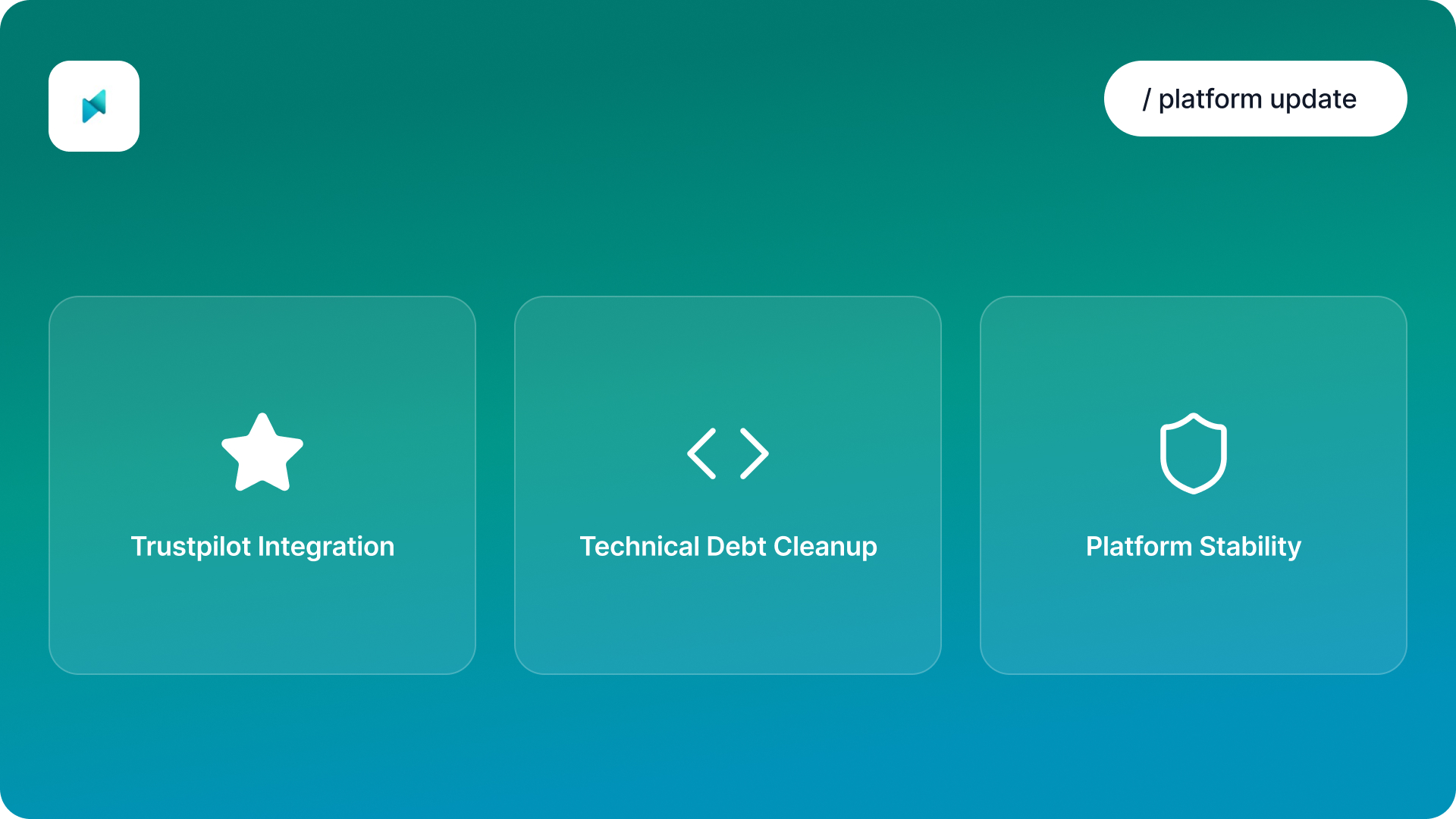
.png)

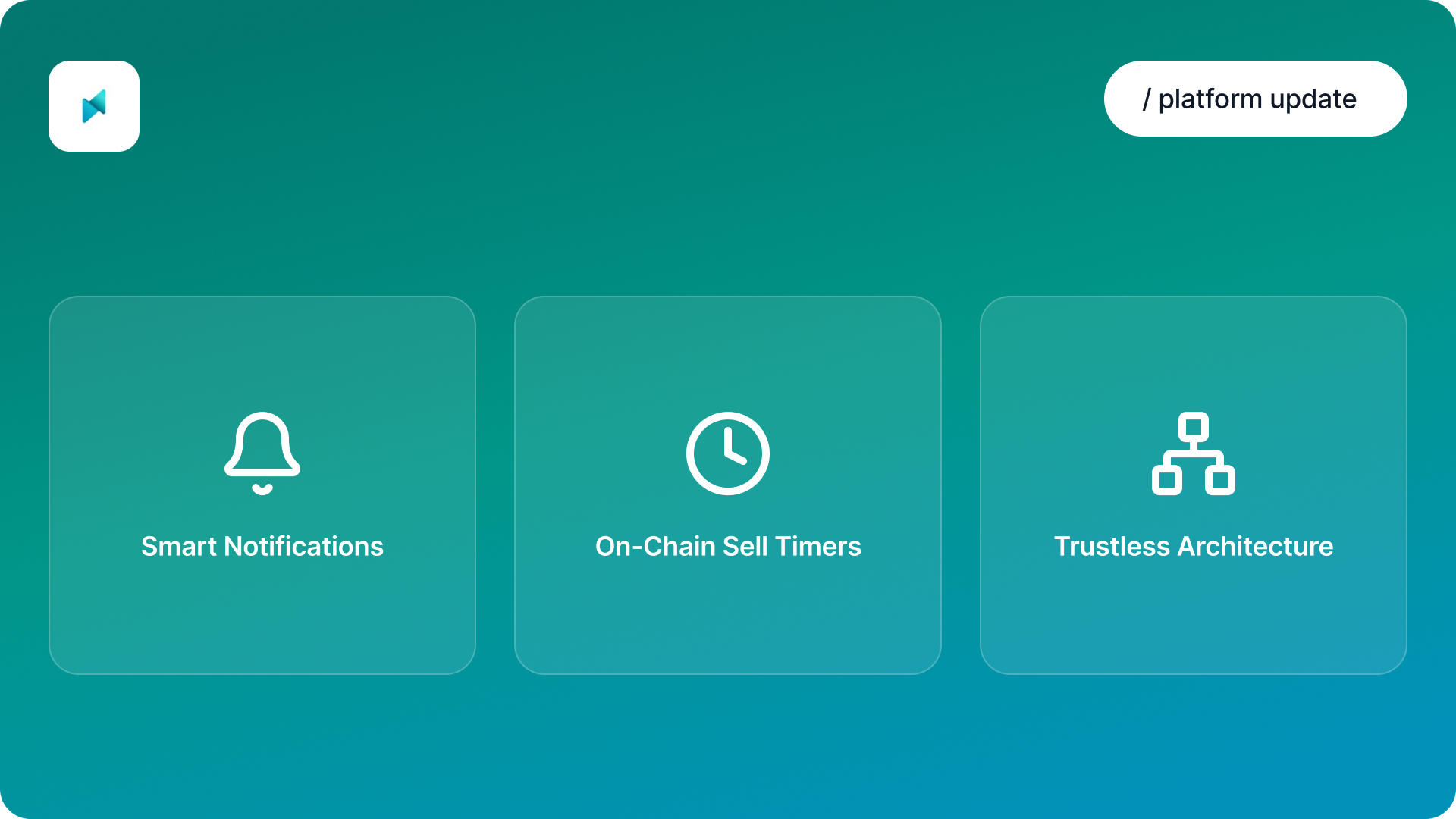

.webp)